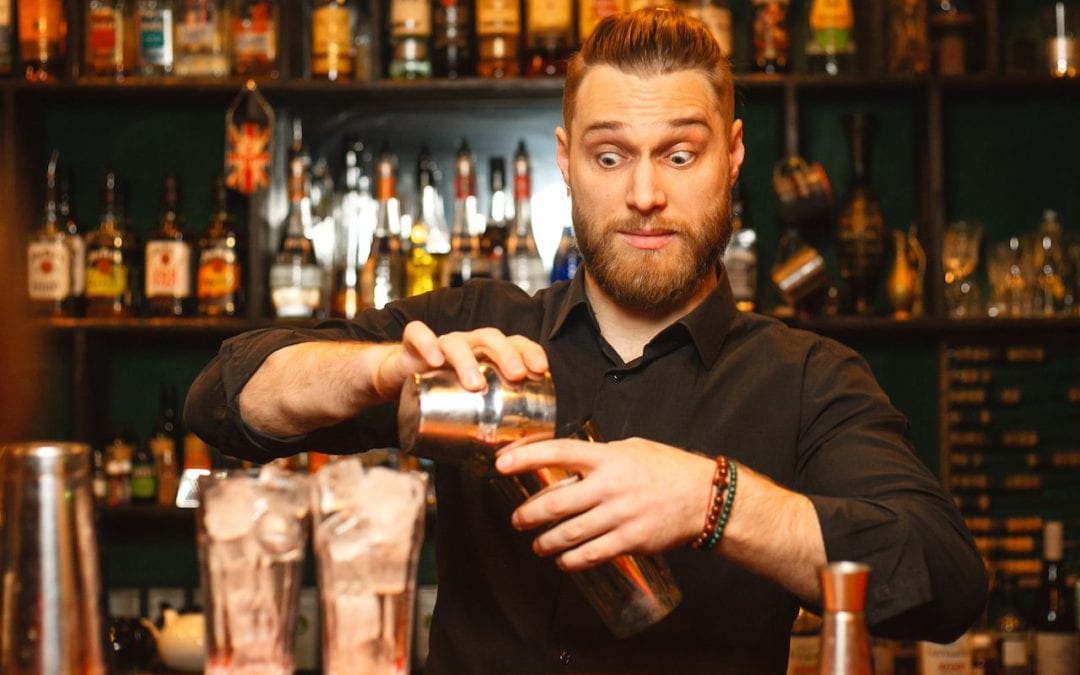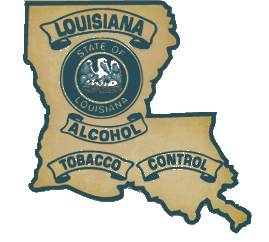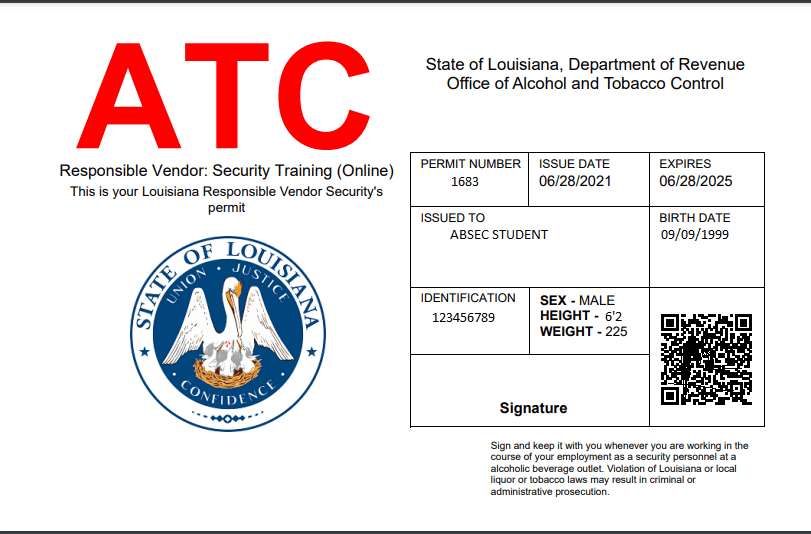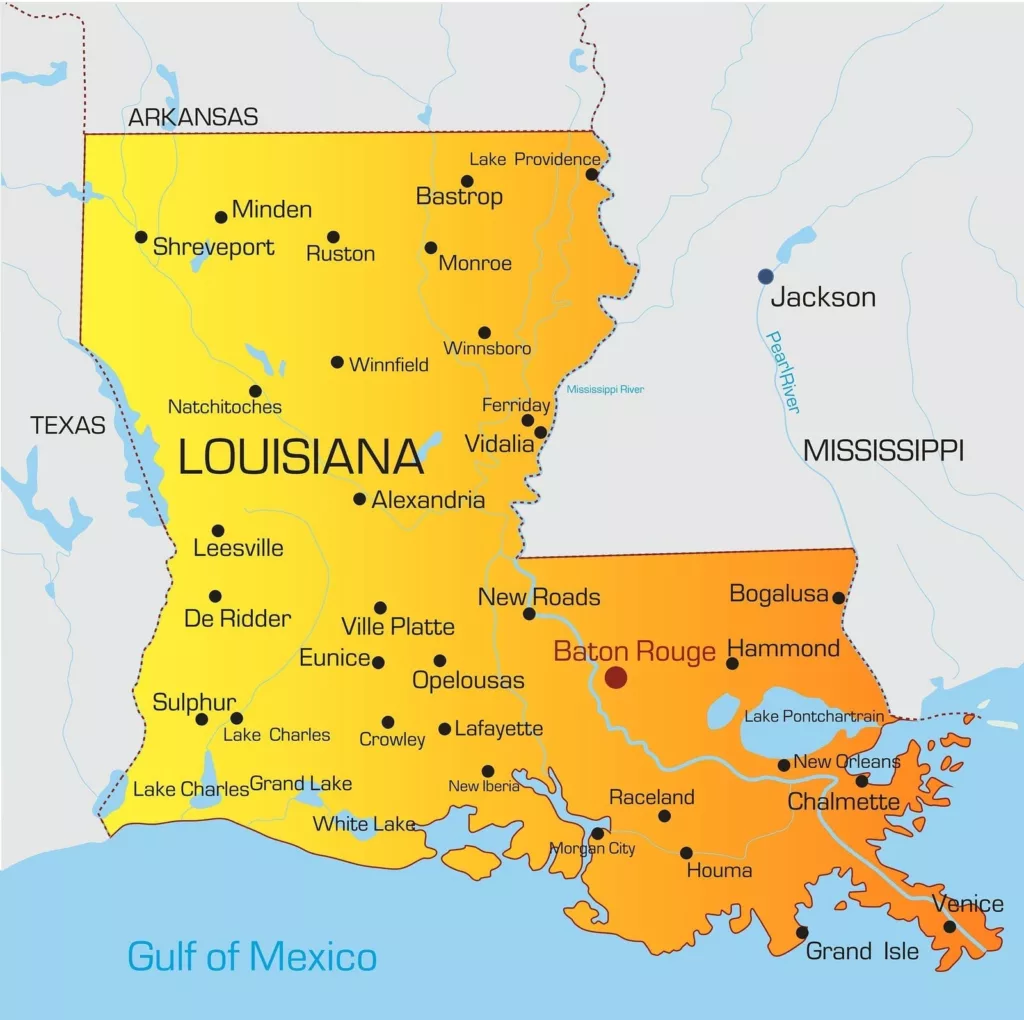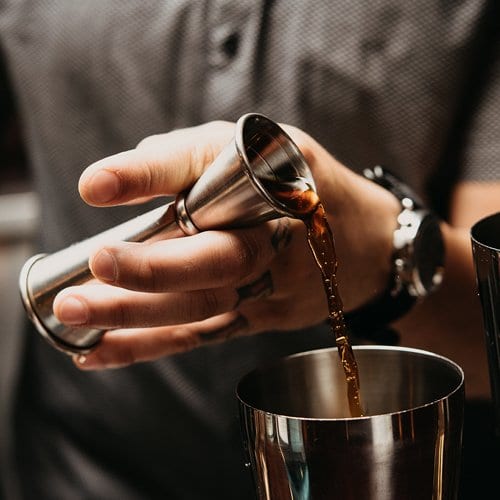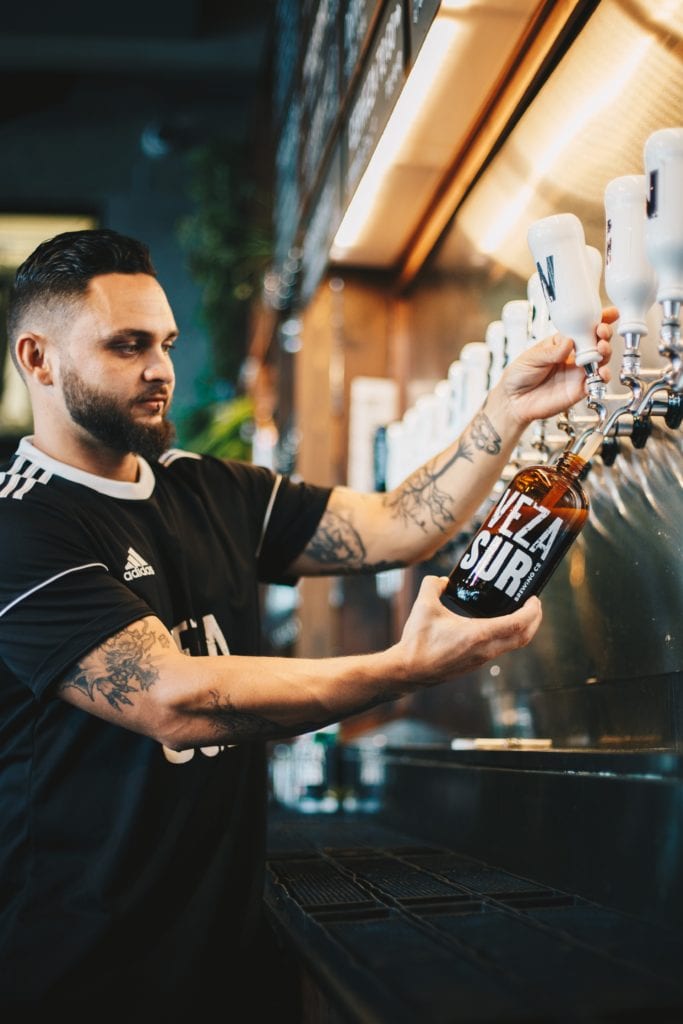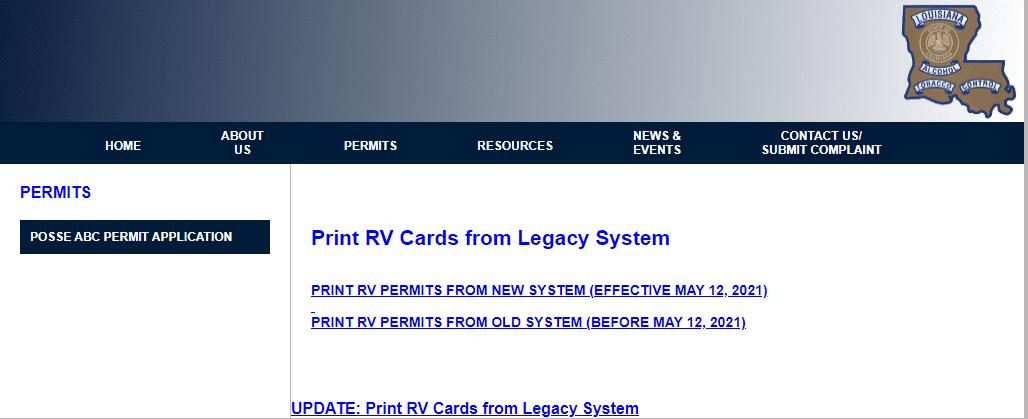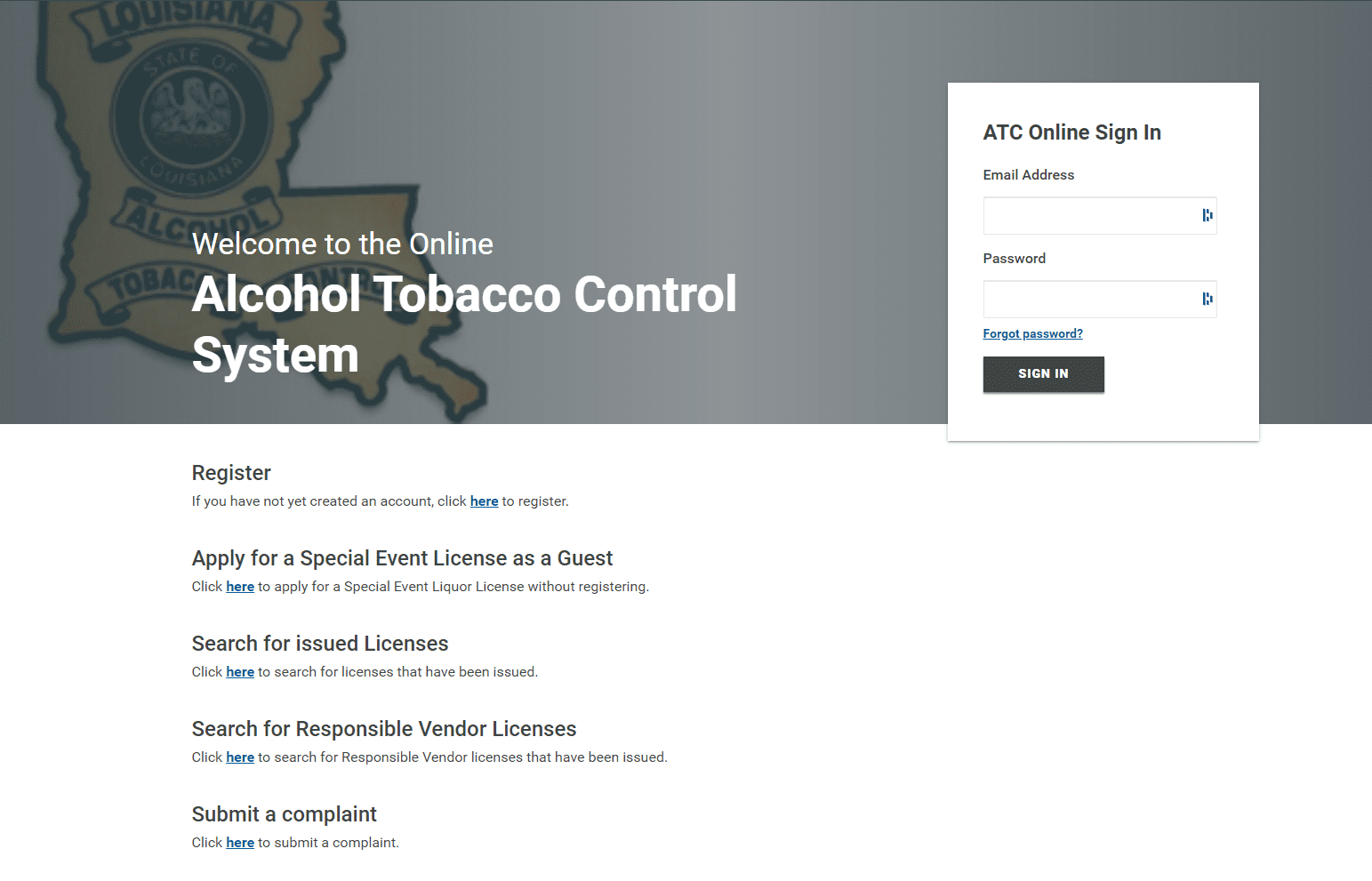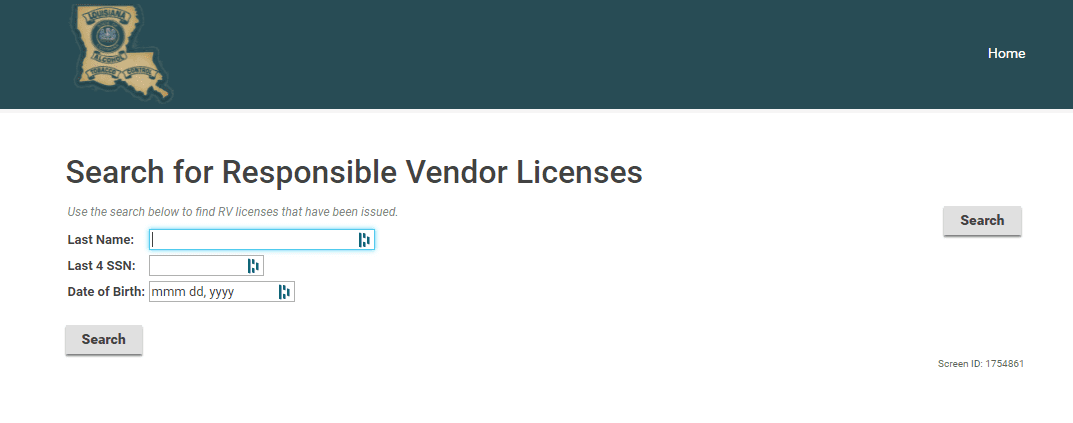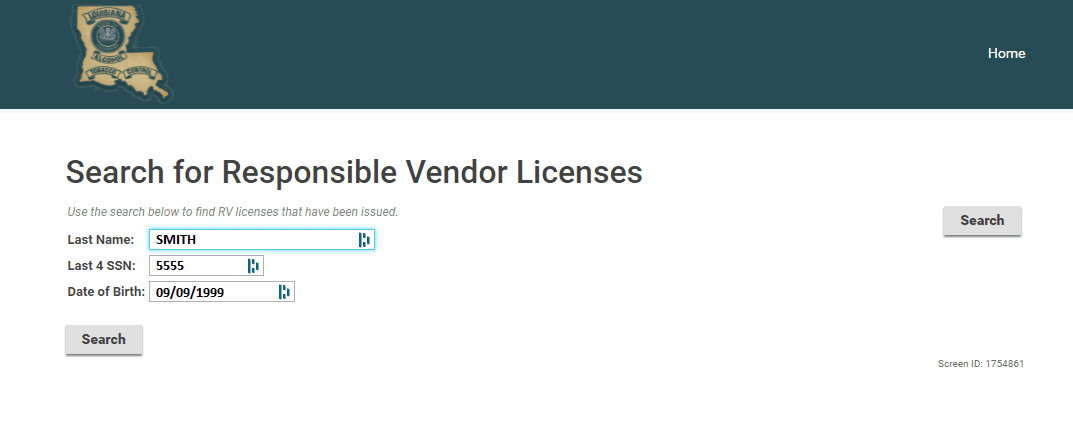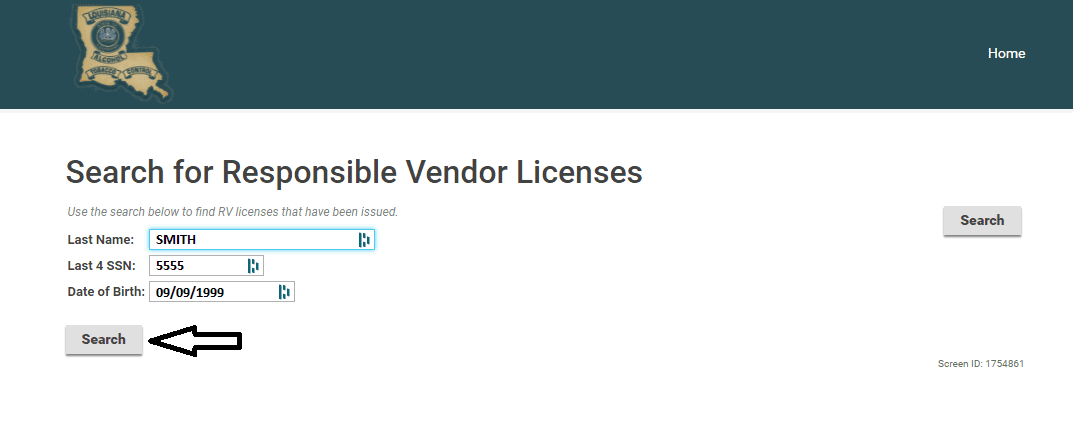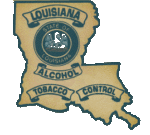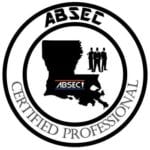Q: Who is required to obtain an alcoholic beverage permit?
A: Any person who, as a business, manufactures, blends, rectifies, distills, processes, imports, stores, uses, handles, holds, sells, offers for sale, solicits orders for the sale of, distributes, delivers, serves, or transports any alcoholic beverages in the state or engages in any business transaction relating to any such alcoholic beverages must first obtain the appropriate alcoholic beverage permit.
Q: Is a permit required for a business to give customers complimentary alcoholic beverages?
A: Yes, a permit is required of any business that serves alcoholic beverages.
Q: Where can I obtain information on the types of alcoholic beverage permits?
A: All applications are available on our website under “permits.” Each application contains specific information on the qualifications for that permit.
Q: Who is required to submit a Schedule A form?
A: The following persons must complete and submit a Schedule A form: sole proprietors, members of a partnership, financial backers of a partnership, officers of a corporation, officers of a limited liability company, directors of a corporation, directors of a limited liability company, stockholders of a corporation owning more than 5% of the stock, members of a limited liability corporation owning more than 5% of the membership, members, stockholders, officers and directors of any entity owner of applicant, all managers and agents, and all persons holding a power of attorney to conduct the affairs of an applicant’s business.
Q: Who is required to submit fingerprints?
A: The following persons must submit fingerprints: sole proprietors, members of a partnership, financial backers of a partnership, officers of a corporation, officers of a limited liability company, directors of a corporation, directors of a limited liability company, stockholders of a corporation owning more than 5% of the stock, members of a limited liability corporation owning more than 5% of the membership, members, stockholders, officers and directors of any entity owner of applicant
Note: fingerprints are not required for a person who has previously submitted fingerprints to ATC within the previous 5 years. However, ATC may require new fingerprints if we are unable to locate a history of previously submitted prints.
- How much food must a business sell to have a restaurant permit?
A: To qualify for a restaurant permit a business’s average monthly revenue from food and nonalcoholic beverages must exceed 50% of its total average monthly revenue from the sale of food, nonalcoholic beverages, and alcoholic beverages. See the Class A-Restaurant application for additional qualifications.
Q: What kind of permit is required to sell daiquiris?
A: Prior to selling alcoholic daiquiris you must apply and qualify for a Class A-General, Class A-Restaurant or Class C permit. See the permit section of our website for additional qualifications.
Q: Can I have more than one alcoholic beverage permit at a location?
A: ATC only issues one alcoholic beverage permit per physical address.
Q: How/where do I submit my alcoholic beverage application?
A: You can mail your application to our P.O. Box or submit your application in person at any of our three customer service windows (Baton Rouge, New Orleans, and Opelousas). Addresses and contact information are available under the “Contact Us” tab. Renewal applications may be submitted online via our website.
Q: How many days does it take to receive an alcoholic beverage permit?
A: If there has not been an alcoholic beverage permit at the premise within the six months prior to the application date then you must apply for, obtain and post Notice of Intent posters for at least 15 days prior to submitting your alcoholic beverage application.
If there has been an alcoholic beverage permit at the premise within the six months prior to the application date then you may submit your alcoholic beverage application at the same time as you apply for and obtain your Notice of Intent Posters.
ATC has 35 calendar days to issue or deny an alcoholic beverage permit upon receipt of a complete application. However, ATC strives to issue alcoholic beverage permits within 10 days or less of receipt of a complete application.
Q: How can I avoid delays in processing my permit application?
A: Completely and accurately fill out and submit all required application material and submit all applicable fees.
Q: What is considered “public habitable area?”
A: Public habitable area means publicly accessible, within a structure, which is permanent in nature, is in compliance with applicable building codes and is fully enclosed and climate controlled. Public habitable space does NOT include restrooms, closets, storage or utility rooms, employee areas, garage or warehouse space, patios or porches, and rooms within the structure with restricted access.
- How much public habitable area is required?
A: Class A-General permit: 375 square feet of public habitable area
Class A-Restaurant permit: 500 square feet of public habitable area
Class B permit: 500 square feet of public habitable area
Class C permit: 1000 square feet of public habitable area
Q: I am ready for a new business inspection, can you send an Agent?
A: Typically, an ATC Agent will contact you for an inspection of your premises within 24 hours of receipt of notification from the licensing division that your application has been processed and approved.
Q: I am building a facility or my facility is currently under construction, when should I apply for an alcoholic beverage permit?
A: ATC cannot complete a site inspection or issue a permit until all construction is complete.
- How far must my business be from a church or school?
- When prohibited by municipal or parish ordinance, no permit shall be granted for any premises situated within 300ft or less, as fixed by the ordinance, of a public playground, or of building used exclusively as a church or synagogue, public library, school, full-time day care center or correctional facility housing inmates, including but not limited to a halfway house.
Outside of municipalities and in unincorporated areas which are not divided into subdivisions with streets, blocks, or sidewalks, parish ordinances may extend the prohibition to a distance of 500ft of the church, synagogue, public library, school, full-time day care center or correctional facility housing inmates, including but not limited to a halfway house.
Q: Does ATC actually audit to make sure I qualify for my permit?
A: Yes, ATC reviews every application and conducts random inspections to ensure compliance with the alcoholic beverage control laws and regulations. Providing false information on an ATC application is a felony and subjects you to revocation of your permit in addition to potential criminal charges.
- Do I need to notify ATC if I appoint a new manager or if there is a change in the ownership of the business?
You are legally required to immediately notify ATC and submit the appropriate paperwork any time you appoint a new manager or agent who has decision making authority for the business. You are also legally required to immediately notify ATC and submit the appropriate paperwork any time there is a change to the membership of an LLC or to the officers, directors or shareholders owning more than 5% in a corporation. (Please reference the application change of ownership instructions or contact ATC for a list of the documentation that must be submitted).
Q: Who does ATC consider a manager?
A: A manager is anyone who has decision making authority for the daily operations of the business such as the hiring and firing of employees, placement of orders, payment of bill, scheduling of the staff, etc.
Q: How do I add a manager?
A: The permit holder or an authorized representative must provide ATC with a signed, written notification appointing the manager. The notification should include the businesses name and permit number and the full name of the manager. You must include a Schedule A form for the manager(s) with the notification. The Schedule A form is available on the ATC website under “permits” then “alcohol applications” then “supplemental documents”.
Q: What is required to appoint a power of attorney?
A: To appoint a power of attorney a permit holder or authorized representative must provide ATC with notification of the appointment. The notification must be in writing and must state the name of the person being granted the power, clearly state what the person is authorized to do on behalf of the permit holder (ex. Conduct all transactions on behalf of permit holder with ATC), be signed and dated by an owner of the business and include the printed name and position of that person. A Schedule A form completed by the person being granted the power of attorney must be included in with the notification of appointment.
Q: I am purchasing an ongoing business; can I operate off of the previous owners permit?
A: A permit is not transferable, assignable, or heritable. The permit must be returned to the office of alcohol and tobacco control or surrendered to an agent of the commissioner within 5 days of closure, when the ownership of the business is transferred or the business is terminated. When the ownership of the business is transferred, the new owner shall be allowed to continue to operate using the transferor’s permit until a new permit is issued or denied, if the new owner notifies ATC of the transfer within 5 days of the transfer and applies for a new alcoholic beverage/tobacco permit within 15 days of the transfer of ownership. If the permit holder is a corporation or limited liability company, the permit holder shall notify ATC of any changes in officers, directors, managers, shareholders, members, or persons previously qualified to conduct or manage the business within 15 days of the date of such changes. The notification shall include the suitability documents and information for each new individual required to possess the qualifications of applicants. However, in the event of the dissolution of a partnership by death, the surviving partner or partners may operate under the partnership permit.
Q: After obtaining a permit, can I make structural changes to my licensed premises?
A: ATC shall be notified of any changes to the licensed premises which shall increase or decrease the previously approved licensed business premises prior to any such changes.
Q: Will ATC conduct a site inspection on a location to determine if it will qualify for a permit before I purchase it or before I submit an application?
A: ATC does not conduct site inspections until an application is submitted and approved.
Q: How do I change the location address of my business?
A: Detailed instructions for a location change are available on our website under “permits” then “alcohol applications” then “supplemental documents.”
Q: An officer or member is being removed from the business, what do I do?
A: Please follow the Change of Members/Shareholders/Officers instructions available on our website under “permits” then “alcohol applications” then “supplemental documents.
Q: How do I change the trade name of the business?
- Detailed instructions for reporting a trade name change are available on our website under “permits” then “alcohol applications” then “supplemental documents.”
Q: I am selling the business, what do I do with the permit?
A: If you are selling the LLC or corporation holding the permit, the permit remains with the new owners who are required to complete a Change of Members/Shareholders/Officers with ATC. If you are only selling the business assets, you must surrender your permit to ATC, via mail or in person, within 5 day of the sale.
Q: Do you have a list of authorized wholesale dealers of alcoholic beverage?
A: Yes, on our website, select “Permits” then select “Permit Record Search.”
Q: What is the minimum age to sell or serve alcoholic beverages?
A: The minimum age to prepare, sell or serve alcoholic beverages in a bar or restaurant is 18 years.
Persons under the age of 18 years are allowed to sell or serve alcoholic beverages, under immediate supervision, in a package store (where the sale or handling of alcoholic beverages does not constitute the main business). However, the employer must fill out an “Application to Employ Minors Under 18” form and return it to the Louisiana Workforce Commission.
Q: What is the minimum age to work in or enter a bar?
No one under the age of 18 years is permitted on a bar premises at any time (even during private events), unless the person under the age of 18 years is a musician performing in a band on the premises under written contract with the permittee for a specified period and is under the direct supervision of his/her parent or guardian during such time.
Q: Can a minor play in a band in a bar?
A: Yes, if the minor is on the premises under written contract with the bar permit holder for a specified period and is under the direct supervision of his/her parent or guardian during such time.
Q: Can a minor sit at the bar in a restaurant?
A: Persons under the age of 18 years are prohibited in any area where the principle commodity served is alcoholic beverages.
Q: If my bar (Class A-General permit) is closed to the public for a private event can I allow in persons under the age of 18 years?
No, no one under the age of 18 years is allowed on the premises of a Class A-General establishment at any time.
Q: Can a convicted felon work in business who primary purpose is to sell alcoholic beverages, such as a bar or a Class C Package Store?
A: No, a convicted felon cannot work in a bar (Class A-General) or any business whose primary purpose is to sell alcoholic beverages (Class C – Package Store) in any capacity unless 10 years have elapsed since the completion of the sentence and the felony was not a crime of violence.
Q: Should I conduct background checks on employees?
A: : Louisiana law prohibits convicted felons from working in a bar (Class A-General) or a Class C package store in any capacity. Louisiana law also prohibits convicted felons from managing or having any managerial duties at any Class of alcoholic beverage outlet. ATC maintains a list of persons who have been found guilty of serving alcoholic beverage or tobacco products to underage persons under the legal age on our website.
Q: I received an ATC administrative violation, what are the possible penalties?
A: Possible penalties include monetary penalties, suspension and/or revocation of your alcoholic beverage permit.
Q: I received an ATC administrative violation, what is the process.
A: After receiving an administrative violation from an ATC agent, you will receive a formal Notice of Violation via certified mail to the mailing address that you provided to ATC. Your Notice of Violation will either provide you with an opportunity to pay a fine or require that you attend an administrative hearing. If you are provided the opportunity to pay a fine, but wish to attend the hearing, you may do so by appearing at the hearing date, time and location that will also be provided in your Notice of Violation. NOTE: failure to receive your Notice of Violation is not a defense. ATC will proceed with the prosecution of your case in your absence. You should contact the ATC legal division at (225)-925-4059 if you have not received a Notice of Violation at least 10 days prior to the hearing date listed on your ticket.
Q: I received a Notice of Violation, where can I pay the fine?
You can mail your fine payment to our P.O. Box or pay in person at any of our three customer service windows (Baton Rouge, New Orleans, and Opelousas). Addresses and contact information are available under the “Contact Us” tab. You can also pay our fine online on our website under “resources” then “legal/atc fines.”
Q: How much is the fine for selling to a person under the legal age?
A: ATC takes selling alcohol beverages to persons under the age of 21 years extremely seriously and maximum penalties may be assessed in addition to criminal charges. Maximum penalties include revocation or suspension of your alcoholic beverage or server permit and fines up to 0.00 for a first offense, up to ,000 for a second offense, and up to ,500 for a third offense.
Q: What is a compliance check?
A: A compliance check is where ATC utilizes undercover operatives to determine if you or your business sells or serves alcoholic beverages or tobacco products to persons under the applicable legal age (21 years for alcohol and 18 years for tobacco). ATC operatives are prohibited from using fake identification or deceptive tactics.
Q: How are businesses chosen for compliance checks?
A: There are many mechanisms by which an establishment can be selected for a compliance check. The most common method is being selected in a random sample of all permit holders. Another way establishments are selected is in response to complaints received by ATC concerning alleged illegal activity.
Q: What is a routine inspection?
A: A routine inspection is where ATC agents inspect your business to verify that you have the appropriate permits and meet all of the qualifications for your permit.
Q: Can I order alcoholic beverages over the internet?
A: Persons 21 years of age and older may order wine over the internet from certain approved suppliers. No other alcoholic beverages may be ordered over the internet.
Q: Can customers bring their own beer into the restaurant/bar?
A: No, the permit holder is responsible for all alcoholic beverage services on the licensed premises.
Q: I want to send alcoholic beverages to a friend, is this legal?
A: ATC does not regulate the shipping of alcoholic beverages outside the stream of commerce and intended for personal consumption. Please note that there may be federal regulations pertaining to the shipment of alcoholic beverages.
Q: I want to ship alcoholic beverages from oversees, is this legal?
A: ATC does not regulate the shipping of alcoholic beverages outside the stream of commerce and intended for personal consumption. Please note that there may be federal regulations pertaining to the shipment of alcoholic beverages.
Q: Can a restaurant sell packaged alcoholic beverages for consumption off the premises?
A: No, a restaurant permit is for on premise consumption only where alcoholic beverages are served in conjunction with meals.
Q: What are the legal hours of operation for the business?
A: The closing time for alcoholic beverage outlets is determined by local ordinance.
Q: How do I voice my concern about a business opening in my neighborhood?
A: You can submit to ATC a petition of opposition to the issuance of the permit. The petition form is available on the ATC website under “contact us/submit complaint”. Oppositions must be received within 35 days of the application date.
Q: What Is Homebrew?
A: Homebrew is the brewing of beer, mead and other alcoholic beverages through fermentation in a residence or other authorized facility by a person of the lawful age to purchase alcoholic beverages on a small scale, not to exceed one hundred gallons per calendar year for a household with one resident of the lawful age to purchase alcoholic beverages or two hundred gallons for a household with two or more residents of the lawful age to purchase alcoholic beverages as a hobby for personal consumption by that person or his family, neighbors, guests and friends, for use at competitions, homebrew club meetings, organized affairs, and exhibitions.
Q: Is a permit required for homebrew?
A: Generally no. However, a special homebrew permit is needed for homebrew competitions held at licensed Class A retail outlets and a special event permit is needed where homebrew is sampled at a fair, festival, civic and fraternal and religious event, Mardi Gras event or nonprofit function. Additional information on homebrew is available on our website under “permits” then “alcohol applications” then “special events.”
Q: What are acceptable forms of identification to ensure that a person is above the legal age to purchase alcoholic beverages?
A: A valid, current, Louisiana driver’s license which contains a photograph of the person presenting the driver’s license;
A valid, current, driver’s license of another state which contains a photograph of the person and birth date of the person submitting the driver’s license;
A valid, current, special identification card issued by the state of Louisiana pursuant to R.S. 40:1321 containing a photograph of the person submitting the identification card;
A valid, current, special identification card of another state which contains a photograph of the person and birth date of the person submitting the identification card;
A valid, current, passport or visa issued by the federal government or another country or nation, that contains a permanently attached photograph of the person and the date of birth of the person submitting the passport or visa;
A valid, current, military or federal identification card issued by the federal government containing a photograph of the person and date of birth of the person submitting the identification card;
Each form of identification listed above must on its face establish the age of the person as 21 years or older, and there must be no reason to doubt the authenticity or correctness of the identification. No form of identification mentioned above shall be accepted as proof of age if it is expired, defaced, mutilated, or altered. If the state identification submitted is a duplicate the person shall submit additional identification which contains the name, date of birth, and photograph of that person. A duplicate driver’s licenses shall be considered lawful identification and a person shall not be required to submit additional information. In addition, an educational institution identification card, check cashing identification card, or employee identification card shall not be considered as lawful identification.
Q: Who qualifies as a Microdistiller?
A: A Microdistiller is any person who operates a Class A retail outlet which engages in the distilling, making, blending, rectifying or processing of any alcoholic beverage in Louisiana in quantities of not more of twelve thousand gallons per year for retail sale for consumption on or off the licensed premise.
Q: Is a permit required for Microdistillery?
A: Yes, you will need to be a holder of a Microdistillery Permit with ATC. You must also have a Class A retail permit on the same premise. Additional information on Microdistilleries is available on our website under “Permits” then “Alcohol Applications” then “Microdistillery.”
Q: Can I sell the manufactured beverages at retail?
A: Yes, if you hold a Microdistillery permit and if you also have a Retail Class A permit, you are authorized to sell the manufactured beverages at retail for consumption on or off the licensed premises.
Q: Can I sell the manufactured beverages at wholesale?
A: No, this permit doesn’t authorize the holder to sell the manufactured beverages at wholesale or to any wholesale dealer.
Q: Can I reuse the alcoholic beverage containers at my Microdistillery?
A: Yes, Microdistillers may reuse alcoholic beverage containers in connection with their distilling and bottling operations.
